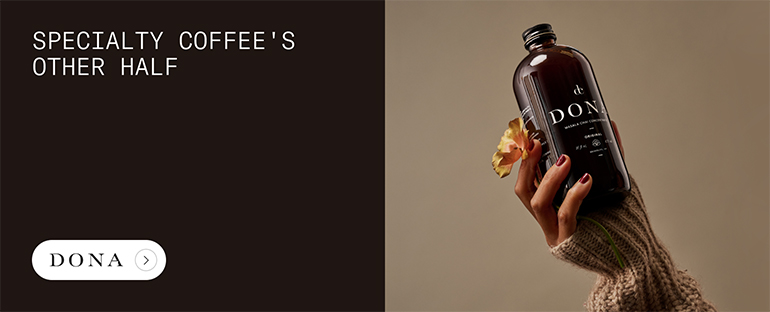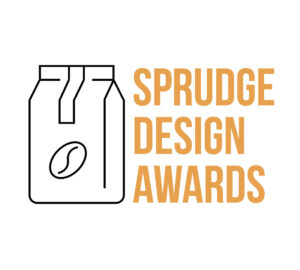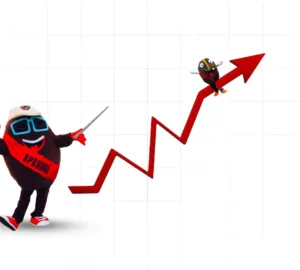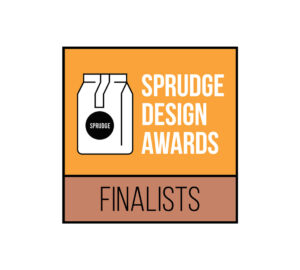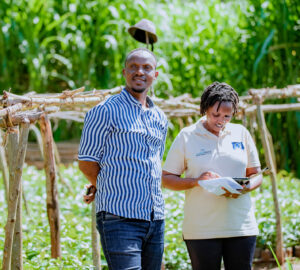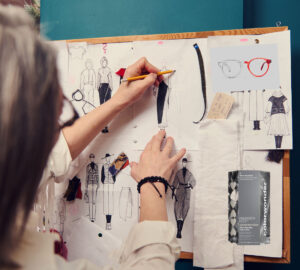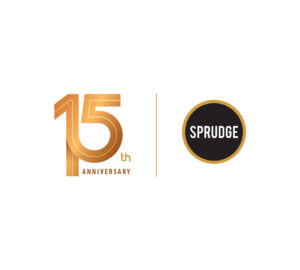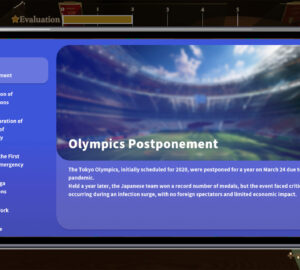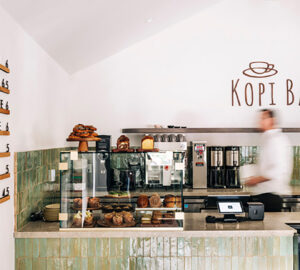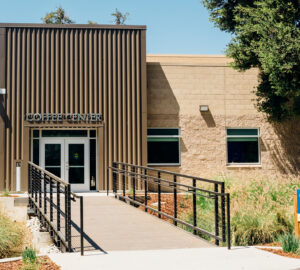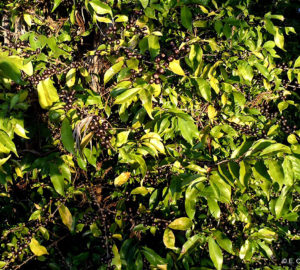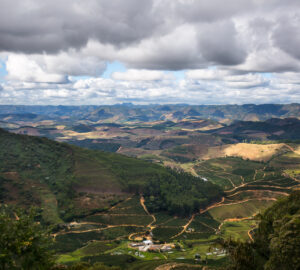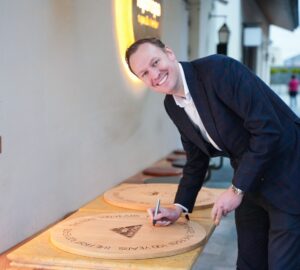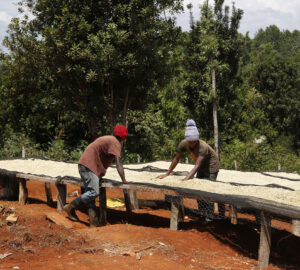
Last week we ran a leaked email from the founder of the Good Food Awards.
The Good Food Awards are proud to celebrate the 22 Finalist coffees that stood out amongst 161 peers in the first annual Good Food Awards tasting. We realize that while each is exceptional in terms of taste, some do not fully meet the criteria laid forth in the entry form for becoming an Award Winners 2011: free of synthetic pesticides, herbicides and GMOs.
Why did so many roasters not follow the rules laid out by the GFA? Our exclusive Good Food Awards coverage continues with an email from an anonymous insider detailing what went down and why so many prominent roasters have been disqualified. The information contained from this point forward in no way represents the legally actionable entity of Sprudge.com, nor should it result in us being banned in perpetuity from the Whole Foods cold item buffet.
Sprudge Editors,
The following is the result of research and investigation, including conversations with various individuals.
In 2008, an event was produced called “Slow Food Nation,” by a group called Seedling Projects. A few coffee professionals were engaged to curate the coffee pavilion at this event. By all accounts, the coffee pavilion was a great success, attracting and engaging foodies and coffee enthusiasts alike. Not long after, certain individuals involved in that coffee pavilion were invited to take part in a new project, called the “Good Food Awards,” also produced by Seedling Projects. Those people were: Andrew Barnett (Ecco Caffe), Brent Fortune (Crema Bakery), Eileen Hassi (Ritual Coffee), and Tony Konecny (tonx.org blog).
The GFA apparently chose not to make organic certification a requirement for entry. The original published rules for GFA coffee included the phrase, “free of pesticides, herbicides and GMOs“. GMO refers to Genetically Modified Organism, which here means crops that are not the result of genetic manipulation. Perhaps the most common GMO is known as “bt-corn,” which is resistant to certain insects but is (thus far) known as being safe for animal and human consumption. GMO continues to be controversial. Interestingly enough, as a side note, certified organic coffees actually allow the usage of certain pesticides and herbicides. If you hold the standard to the original wording, no coffee of any kind sold anywhere in the world would qualify. The only exception would be those picked from “wildcrafted” coffee, growing wild in places like Ethiopia, though that would be hard to “certify.”
Shortly after the initial press releases about the Good Food Awards, coffee roasters around the country were contacted and encouraged to enter. Many of the roasters who supply to Whole Foods were encouraged to enter by Whole Foods itself. Multiple sources have reported that the sustainability aspects of GFA were downplayed during that recruiting. The phrase “Just send your best coffee” was quoted multiple times.
Coffees were submitted and a team assembled to evaluate them. Included on that team were Mette-Marie Hansen (now with 49th Parallel), Peter Giuliano (Counter Culture), Andi Trindle (Atlantic Specialty), Jason Long (Cafe Imports), George Howell (GHH/Terroir), Chris Davidson (Atlas Imports), and Willem Boot (Boot Consulting/Hi-Q). Coffees were cupped and scored, and at that cupping event there was some informal discussion about whether or not the coffees there would qualify as sustainable, according to the Good Food Awards criteria, mostly because the cuppers tasted what would indeed prove to be coffees from Kenya and Panama Hacienda La Esmeralda, which are well-known by those “in the know” as using synthetic inputs during growing and cultivation.
In and around November 1st, five finalists from each of the five regions were contacted over the phone, notifying them that their coffee had been chosen as a finalist. A preliminary set of questions were asked of each finalist roaster about the sustainability of their coffee, ostensibly to fulfill the sustainability requirement. The GFA asked the roasters if they could “certify that their coffees were free of pesticides, herbicides, and GMO’s.” There was also an accompanying question that asked if the roaster could “certify” fairness in trade. Prior to any controversy, one participant notified the GFA organizers that her finalist Kenyan coffee would likely not meet the stated criteria and that in fact most Kenyan coffees would not either.
As many Sprudge readers know, the vast majority of Kenyan coffee farmers use a great deal of chemical inputs (fertilizers, pesticides, herbicides, etc.) during growing and cultivation. With rare exception, this is the case with most coffee growing that is not certified organic. Sarah Weiner from Seedling Projects forwarded the email to Andrew Barnett, who then forwarded it to Peter Giuliano (Counter Culture Coffee) and Geoff Watts (Intelligentsia). This set off a chain of emails among a number of people, who debated the issue thoroughly.
In mid-November, the GFA organizers determined that Kenyan coffees would be allowed to remain finalists, but would be disqualified from actually winning their region. As of the date of the publishing of this article, this informant is aware of no decision regarding Hacienda La Esmeralda or the other submitted coffees. Around the same time, the GFA started to use new wording: “free of synthetic pesticides and herbicides.” “Synthetic” had not been used previously. Also, the GFA organizers began to state in correspondence that the finalists had only been evaluated for “tastiness.”
On November 26, 2010, Sprudge.com published an internal email from the GFA stating their position on the issue. Winners are scheduled to be announced January 14th, 2011.
So what does this all mean?
Sustainability is an issue that has been consistently glossed-over in our specialty coffee industry. The GFA set criteria that demonstrates some degree of ignorance about the realities of coffee production. The GFA did not just require organic certification. Though this informant is interested to know why, the assumption is that “organic” was deemed too politically charged or otherwise controversial or perhaps limiting. The original wording “free of pesticides, herbicides, and GMO’s,” disqualifies almost every coffee known to mankind, and certainly every coffee that was submitted to the GFA.
The GFA coffee committee, supposedly made up of coffee experts, could or should have helped the GFA organizers to revise their criteria. Instead, the GFA coffee committee, for one reason or another, appears to have basically pretended that the sustainability criteria didn’t exist at all.
It has been circulated that certain roasters who submitted coffees to the GFA (including the Kenyan coffees) claim that the GFA coffee committee representative who contacted them told some of them to ignore the sustainability criteria. I have also been told by multiple sources that, in fact, the “Kenyan problem” was known early on, and that certain GFA coffee committee members acknowledged the “problem” but chose to move forward as they did regardless. Even if one applies the new and revised sustainability criteria, only certified organic coffees could actually be truly “certified” to be eligible. To base the sustainability criteria on interviews with the submitting roasters to “certify” their coffees is, frankly, absurd.
Kenyan coffees are being somewhat singled-out here. Many of the other finalists fail the “free of synthetic pesticides and herbicides” test. It is this informant’s findings that the roasters who entered coffees that are clearly not “sustainable” did so not to be deceptive or somehow subversive, but because the dubious sustainability criteria and the prodding of the GFA coffee committee member(s) who contacted them, led them to believe that the criteria “didn’t really matter after all.”
It is clear that there has been confusion all around regarding the Good Food Awards and eligibility of coffees. In conclusion, it is the hope of this informant that the main takeaway of this story is that sustainability becomes much more than just a buzz-word. The health and well-being of coffee producers, their families, and their eco-system is at stake. The fact is, the third-wave coffee community has, thus far, turned a blind-eye to sustainability issues in favor of chasing the best coffees they can find. Only when the specialty coffee community makes a real commitment to support sustainable agriculture, sometimes in favor of those using “conventional” practices, will we see real change at the farm level.
We must demand better.
“Sustainability”, defined by Geoff Watts:
Sustainability in coffee simply means:
1. that the producers of coffee are earning significant profit from the sale of their coffees and are able to invest, not just subsist.
2. that the coffee is being produced in a way that is not damaging the surrounding ecosystem and that the land is being preserved so as to be productive over generations.
We can be reached for scoops by phone day and night, via the Sprudge.com International Scoop Hotline at +1-567-CRINKLY.![]()
![]()














